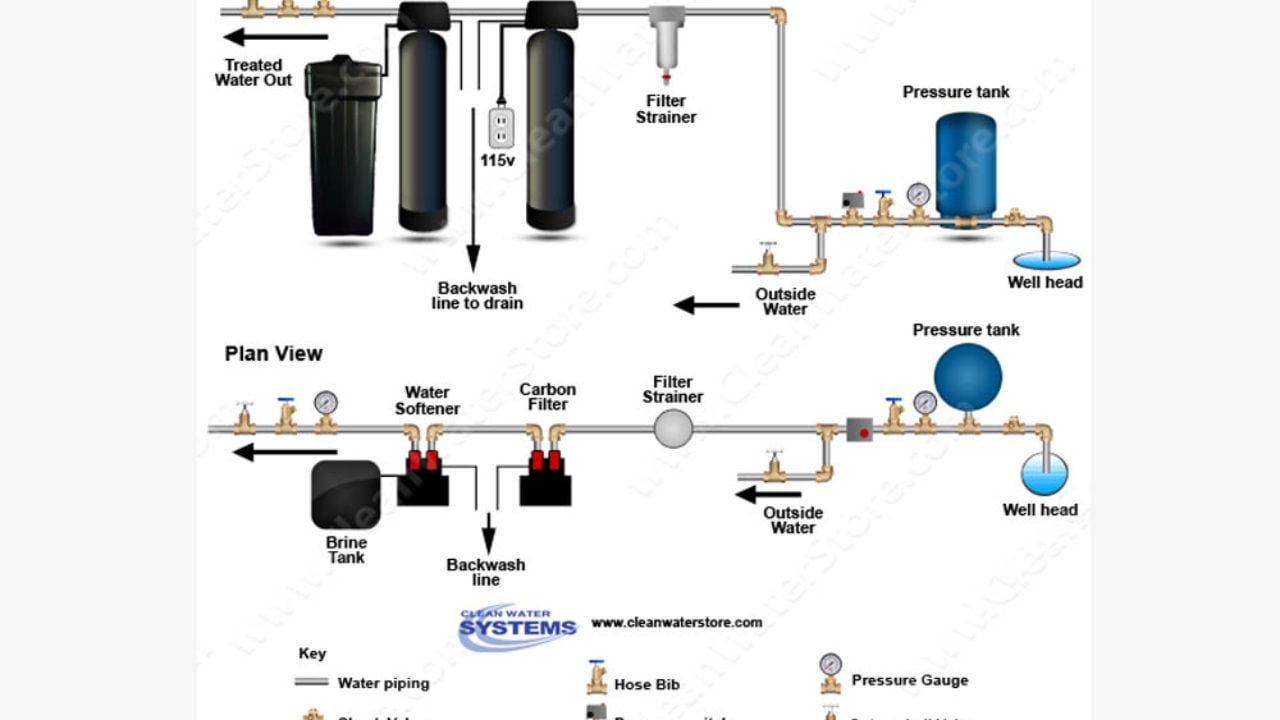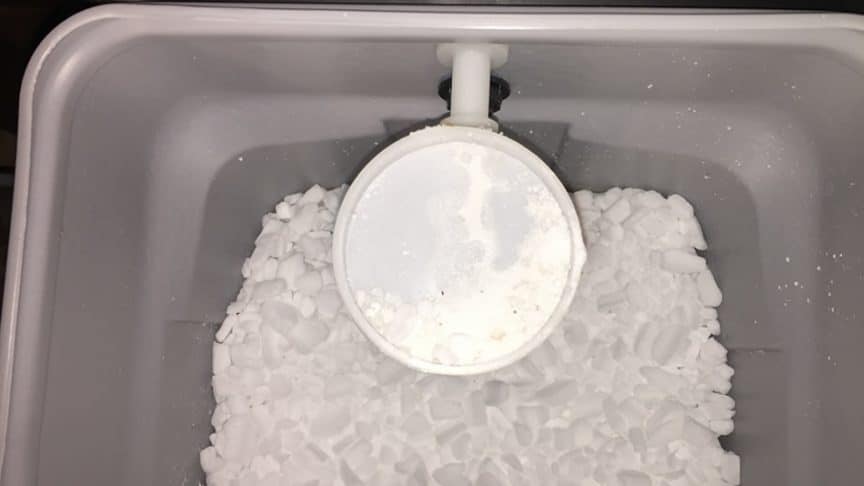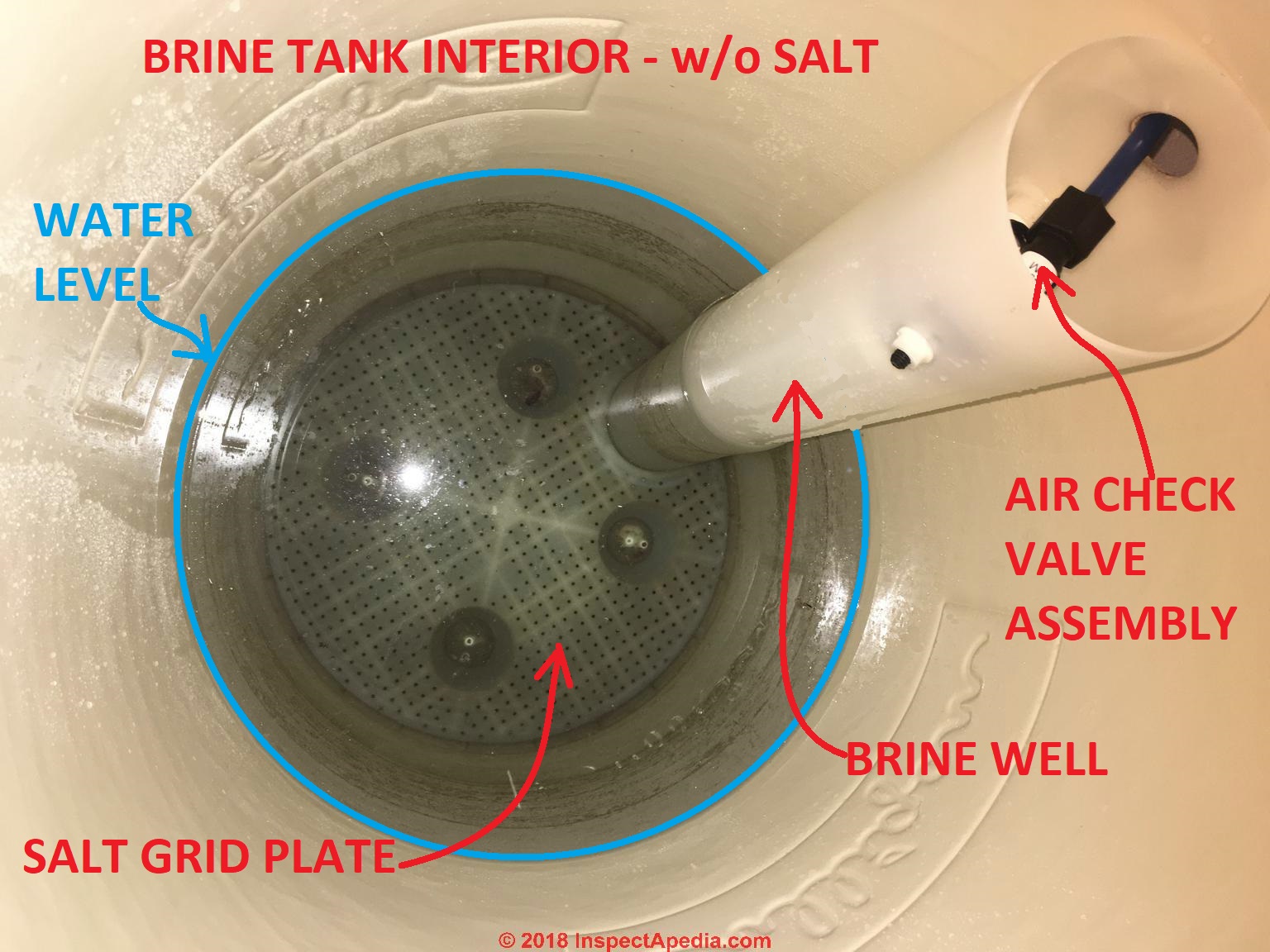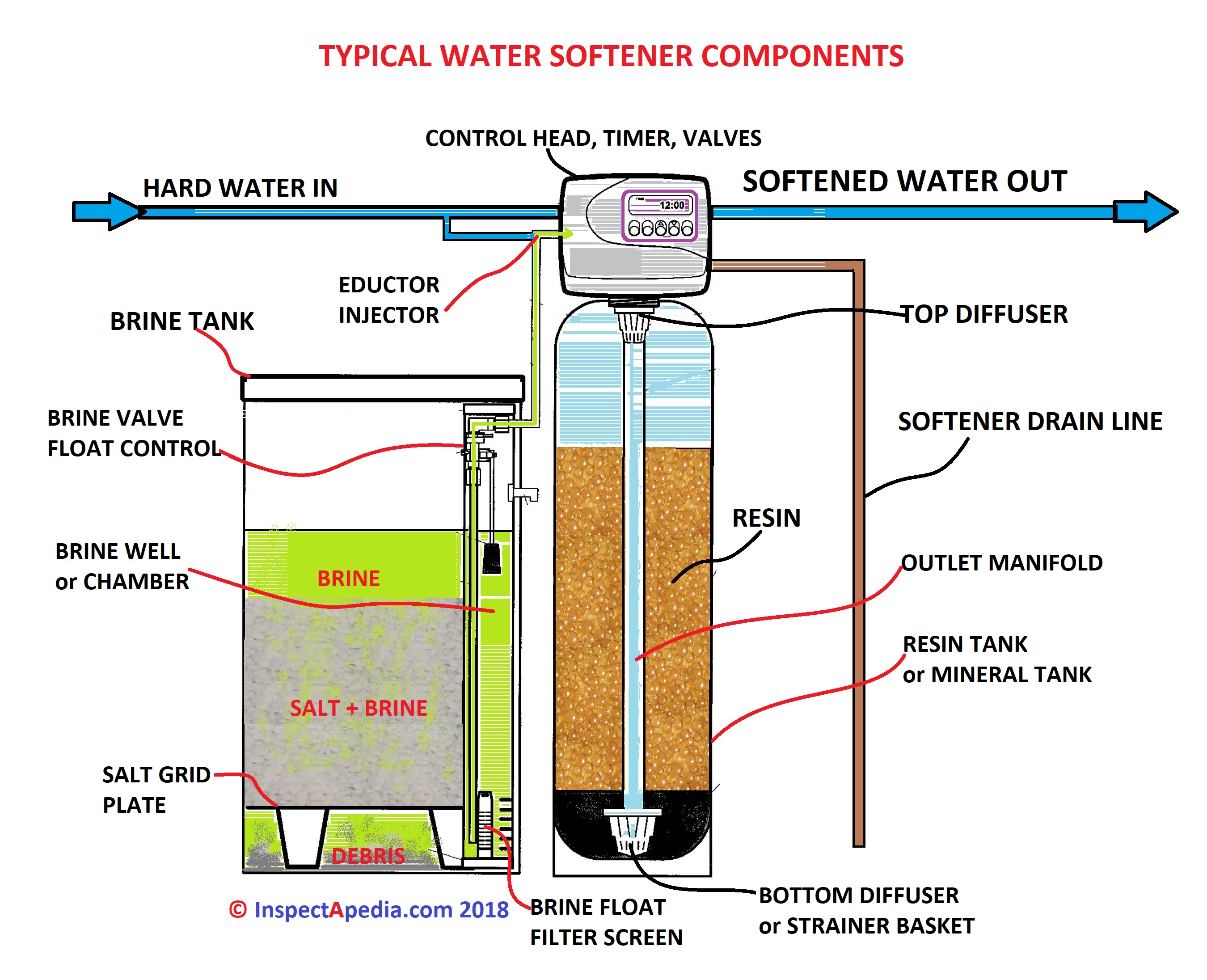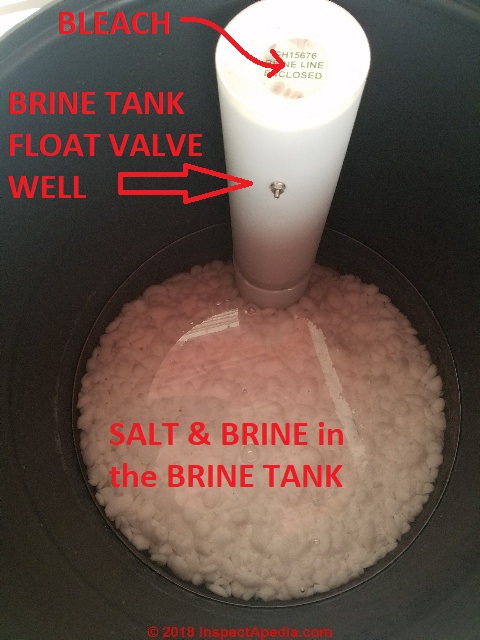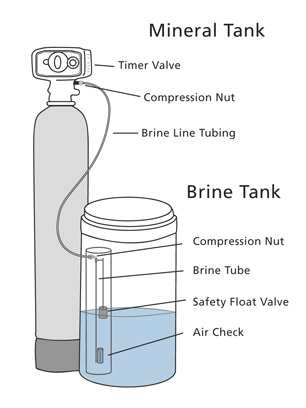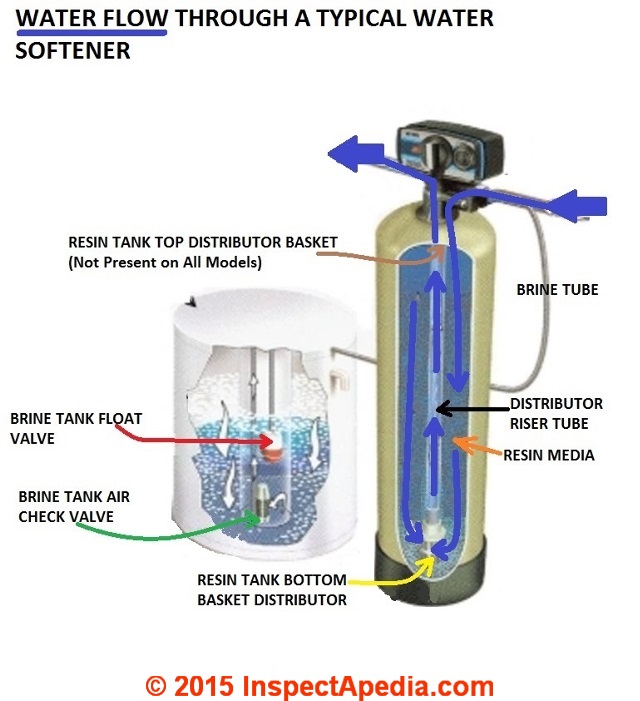Irrespective of the brand or the softening procedure if a water softener is infested with the bacteria there is a high possibility that the water produced will have a really bad smell about it.
Water softener salt tank smells.
Interaction between magnesium ions and sulfur reducing bacteria residing in your brine tank generate this gas.
If this is the reason behind your water softener smells you need to have it serviced right away.
Sulfur bacteria is attracted to the sodium in water softener tanks.
When this happens the device stops producing soft water and it also stops using salt to make brine.
If you are sanitizing an in use water softener there will be both salt in the brine tank and at some water in the bottom of the tank.
No matter the manufacturer any water softener tank may start to smell bad if it becomes infested with sulfur bacteria.
Over time the bacteria will grow and begin releasing hydrogen sulfide gas which causes the foul smell.
How to clean a salt tank culligan ft myers.
This type of bacteria is attracted to the sodium found in water softener tanks.
Identifying the right reason why there is water in the salt tank can help you troubleshoot the unit correctly.
When the bacterium attacks the sodium of the softener tanks they react to form hydrogen sulfide gas as an output.
When the water softener starts to suffer from this is can start to release a sulfide gas that gives off the telltale sign of rotten eggs.
Water softener is not using salt over time the salt in your softening machine can create a solid mass at the bottom of the salt tank.
The main reason that a water softener smells bad is when the tank gets infested with sulfur bacteria.
The salt or sodium in the tank will actually attract the sulfur and allow it to attach and grow.
This solid block of salt can stop water flowing freely through the salt tank.
However the issue can be caused by multiple factors.
A professional can take the necessary steps to kill the hydrogen sulfide and rid your tank of the terrible odor.
We recommend a water treatment professional service and clean your softener and brine tank at least once a year.
As the bacteria grows hydrogen sulfide gas is released as a waste product hence the rotten egg odor.
If the salt tank is completely empty put 3 gallons of water into the salt tank.
This usually happens due to a lack of overflow or clogging.
Although there are many advantages to owning a water softener one of the disadvantages is that your unit can produce a rotten egg smell or hydrogen sulfide gas under certain conditions.
The rotten egg smell that may emanate from your water softener tank will often be caused by the infestation of sulfur bacteria which are usually attracted by the sodium present in the water softener tank.
As the bacteria develops hydrogen sulfide gas is released as refuse resulting in the rotten egg odor.
Perhaps the primary concern water softener users are facing is a salt tank full of water.
